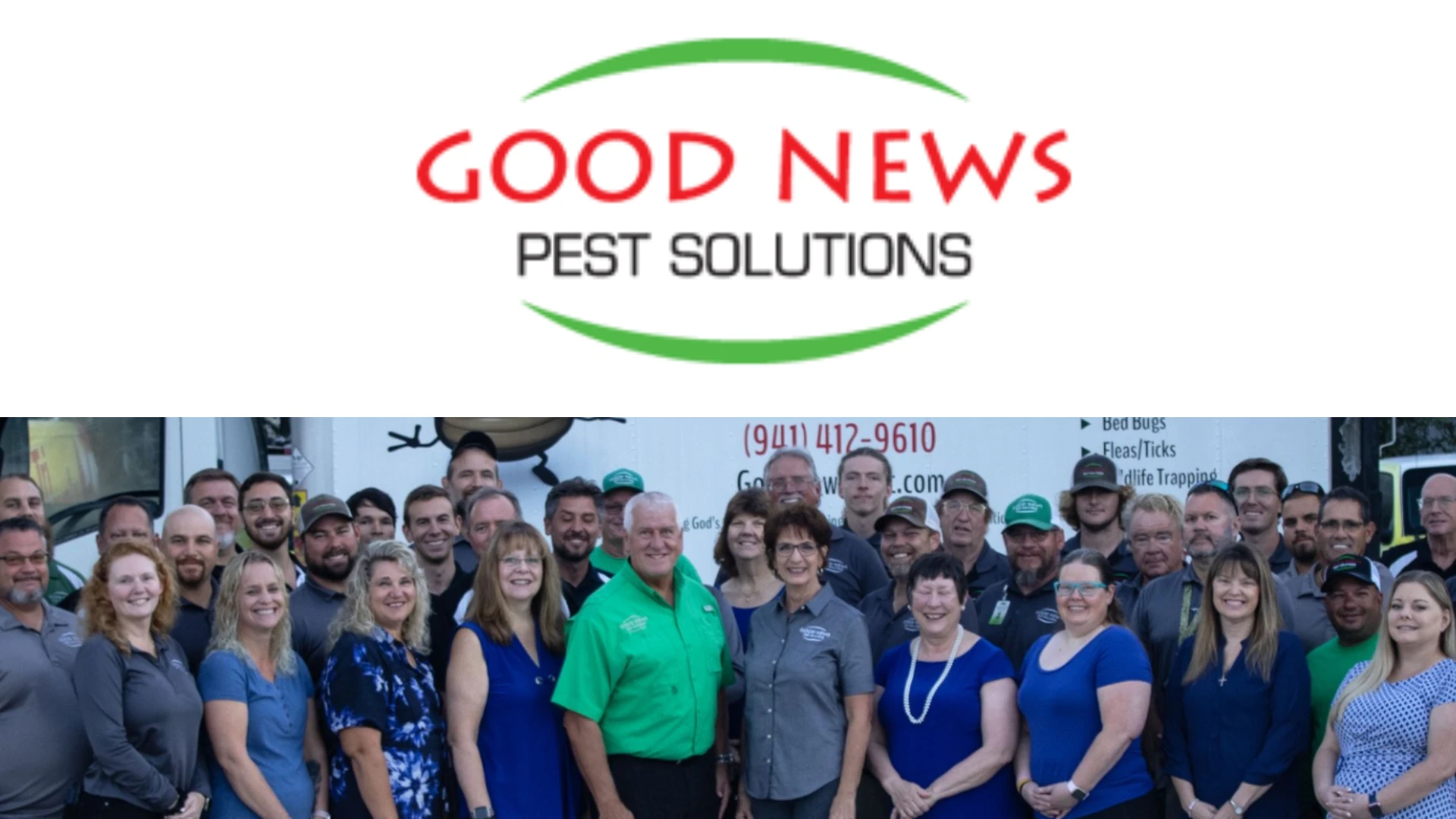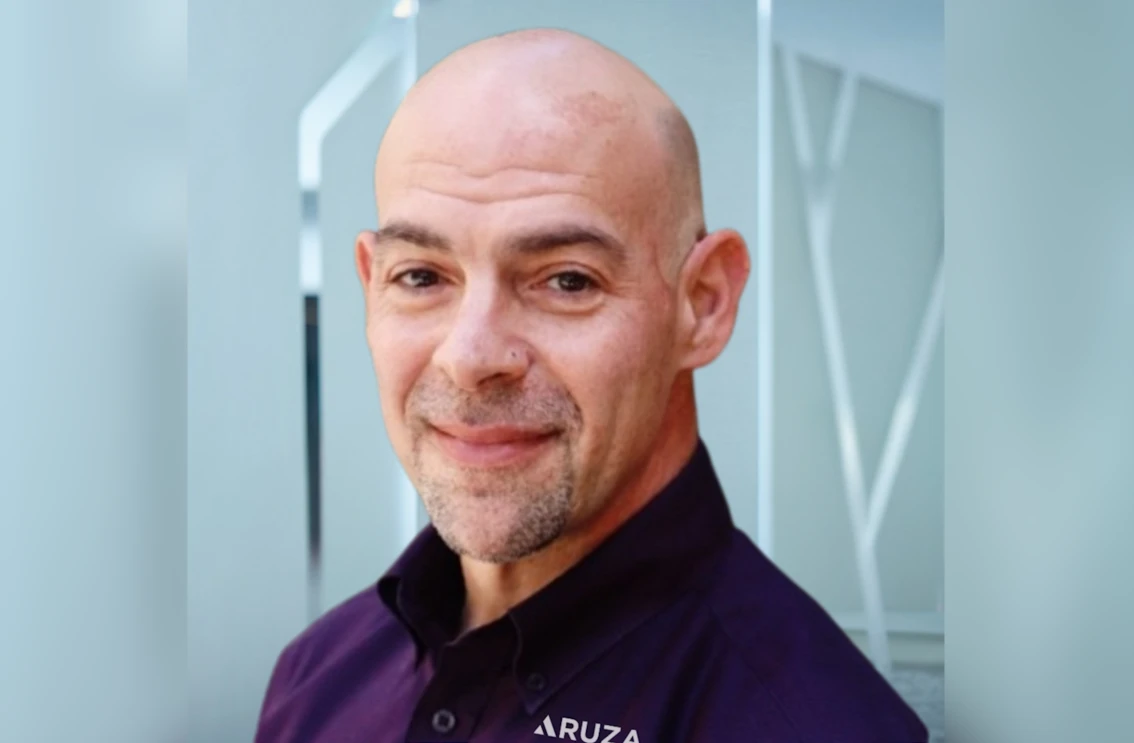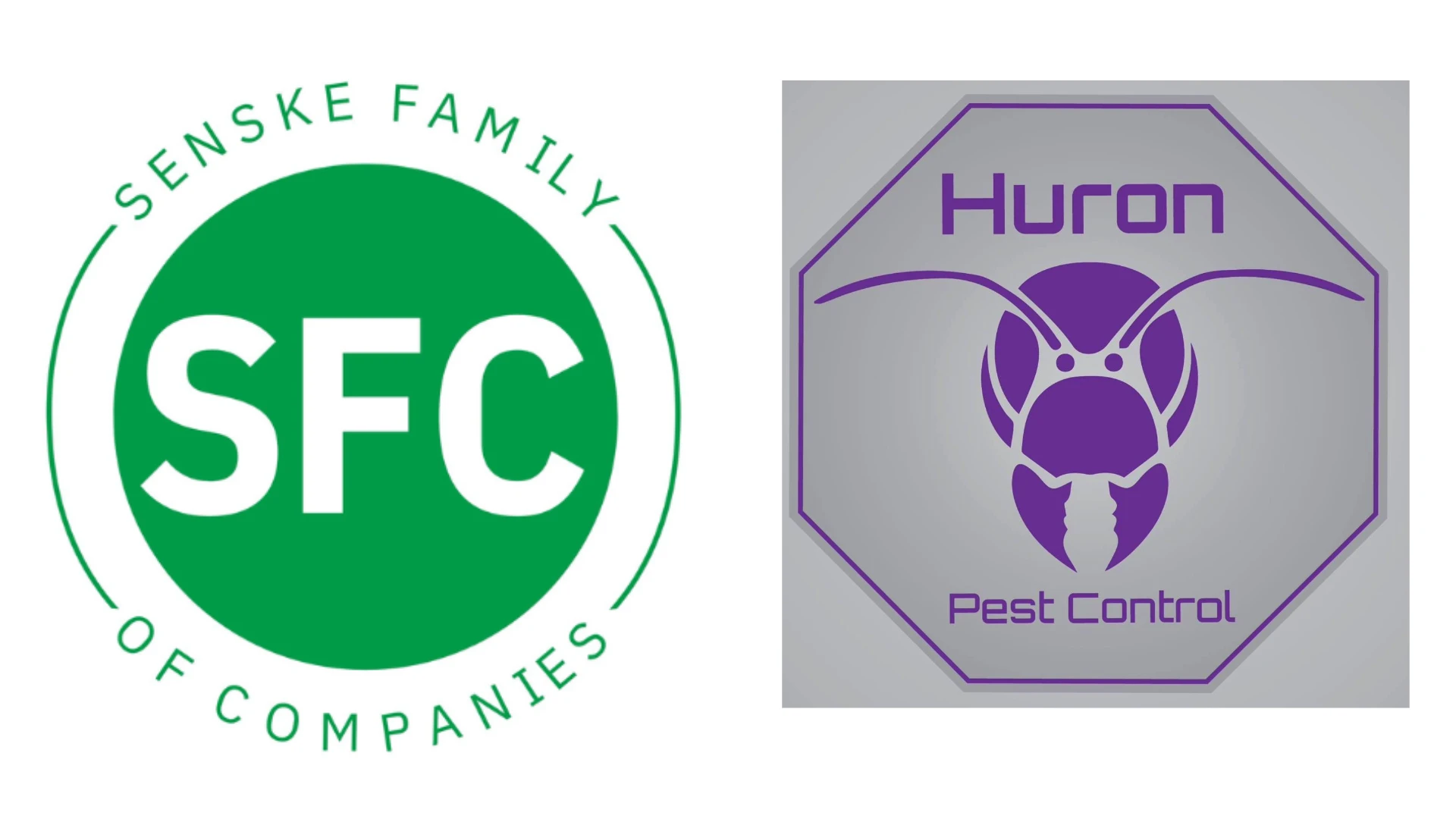States Wrestle With Pretreat Registration
TALLAHASSEE, Fla. — When the Environmental Protection Agency took action in June 2000 to limit uses of chlorpyrifos, it put state regulatory officials in a precarious situation regarding registration of the termiticide for pretreatments.
As part of the Agen-cy’s Memorandum of Agreement with manufacturers, chlorpyrifos is still available for termite pretreatments until 2005, providing it includes new labels stating that it be applied at a maximum concentration level not to exceed .5 percent. Manufacturers have responded to this EPA requirement by developing new labels and applying for registration. For example, Dow AgroSciences has given Dursban TC and Equity a new Restricted Use Pesticide (RUP) label (containing 0.5 percent chlorpyrifos).
It is then left up to state regulatory officials to decide whether to register the products in their individual states. Thus far, many states have not, basing their decisions on research conducted by the USDA Forest Service. In two of the four Forest Service testing plots (those in Arizona and Mississippi), chlorpyrifos at .5 percent did not achieve five years of 100 percent control.
"In Kentucky, we based our decision not register completely on lack of efficacy data," said John McCauley, director, division of pesticides, Kentucky Department of Agriculture.
In Texas, label registration is done by the state’s EPA with approval from the Texas Department of Agriculture (TDA). The state recently received an application to register a chlorpyrifos product at .5 percent. Benny Mathis, director of the Texas Structural Pest Control Board, responded by sending a letter to TDA strongly advising against this registration.
Florida regulatory officials, however, have agreed to register chlorpyrifos for pretreatments at .5 percent, contingent on several provisions. On Jan. 26, Florida’s Department of Agriculture and Consumer Services (DACS) sent letters to chlorpyrifos manufacturers agreeing on registration, providing they revise their labels for Florida to include:
• A vertical barrier application requirement to complete the preconstruction.
• A consumer notice informing the consumer that the soil under and around the structure has been treated for the prevention of termites and contains the following information: date of application, identity of termite provider and the need for annual inspection and renewal of treatment contract.
"When we were looking at the data, three active ingredients were registered at concentrations lower than the concentration that was 100 percent effective for five years at all four test sites," said Steve Dwinell, assistant director, division of agricultural environmental services, Florida DACS. "Chlorpyrifos was asking for the same thing. Since we already had three products registered, it’s hard to make an argument that we shouldn’t (do the same for chlorpyrifos)."
Florida regulatory officials made the decision despite the fact that the Association of Pest Control Regulatory Officials (ASPCRO) passed two resolutions in August stating its position on chlorpyrifos termiticides for pretreatments. One resolution recommends that states not register any chlorpyrifos termiticide at any rate lower than 0.75%. The other resolution states that ASPCRO would not move forward with EPA’s request that ASPCRO consider soil termiticide labels that allow for lower use rates than were found to be efficacious by USDA Forest Service.
"I support ASPCRO’s position, but unfortunately in Florida we had to look at what would happen if we did not register it and not give industry a needed tool," Dwinell said. "Of all the states wrestling with termite problems you could make the argument that Florida has the biggest problem because we are a state with high termite pressure, we have an exploding population and a big construction industry."
As expected, news of the possible return of chlorpyrifos as a termite pretreatment has increased demand for this termiticide in the Sunshine State, according to Mel Edelstein, executive vice president, Certified Pest Control Operators Association of Florida.
Whether or not other state regulatory officials follow Florida’s lead and register chlorpyrifos for termite pretreatments remains to be seen. "I’m curious to see what happens in Florida," McCauley said. "If it is something that seems like a doable or workable deal we would possibly come back and sit down at the table with the manufacturers and address the issues."
NPMA Taps Internet to Generate Business
FAIRFAX, Va. — The National Pest Management Association (NPMA) in January announced a partnership with netgen-Shopper that will enable its members to generate new customers and expand their businesses using the Internet. The relationship with netgenShopper offers NPMA members the opportunity to drive new clients through an increased online presence, reduced customer acquisition costs and efforts, and increased penetration within their local communities.
The NPMA/netgenShopper partnership creates a significant new business opportunity for NPMA members, the association says. As the largest buyer/seller matching service in the nation, netgenShopper provides NPMA member businesses access to 85 percent of all online Yellow Page searches conducted for pest management services, as well as access to consumers researching pest management services on major Internet portals. NPMA members receive requests submitted online from local consumers who are looking for reputable pest management providers.
The service requires an e-mail address or fax machine and is accessible from NPMA’s Web site, www.pestworld.com. Members also have access to netgenShopper’s lead management tools to aid them in efficiently managing their sales efforts.
In addition to being able to reach NPMA certified businesses from shopping and research points across the Web, consumers can also access netgenShopper’s service from NPMA’s Web site.
"The service sector has largely been excluded from the online marketplace, despite the fact that it represents almost half of the U.S. economy," said netgenShopper’s CEO Mike Kohonoski. "However, shopping for services online is expected to grow over 175 percent annually over the next five years and the NPMA has already strategically positioned its membership to take full advantage of this trend. As a result, their members gain a cost-effective, valuable source of new business."
"Pest management firms can tap into a market that until now has been for tangible products only. The industry is very excited to be on the cutting edge of this customer-driven marketing tool," said Rob Lederer, executive vice president of NPMA.
Maxforce Product Labels Include New Directions
DALLAS — Maxforce recently announced that new Maxforce product labels have changed to include directions for use with the new Maxforce refillable bait station.
Pest management professionals can visit www.maxforce.com to download the new labels and find out how to receive a free Maxforce Refillable Installation Tool.
Pest management professionals can also receive a free video demonstrating how to properly use the Maxforce Refillable Bait Station by calling B&W Sales & Marketing at 800/843-6334. On the site, Maxforce Specimen Label Files are saved in Adobe Acrobat PDF Format. These files may be downloaded and printed using Adobe Acrobat Reader.
Middleton Pest Control Cashes In on Super Bowl Sunday
Orlando, Fla. — Super Bowl Sunday historically marks the most expensive night of the year for advertisers and this year’s game was no exception with 30-second commercial spots during Super Bowl XXXV averaging $2.3 million. This year’s pairing of the Super Bowl and the premier of the widely popular "Survivor: The Australian Outback" on the same night may have created the most profitable night in television history.
And for the second year in a row, Middleton Pest Control, headquartered in Orlando, Fla., spent their advertising dollars on a commercial that was aired on the night known to draw more than 80 million viewers. The Orlando-based company aired a 30-second commercial during "Survivor II," which appeared on WKMG, Orlando’s CBS affiliate.
"It costs a lot, but you get what you pay for," said Greg Clendenin, president, Middleton Pest Control. "We give a lot of credit to our advertising campaign and their creative work for our record sales year."
The choice to move towards television advertising avenue was simple for Middleton Pest. "We were at a good stage in our growth and capabilities, we wanted to start generating more leads per day," Clendenin said. The company has been airing commercials since late 1999.
Last year, Middleton Pest paid $38,000 for a spot during the first half of the Super Bowl. They’ve also had commercial spots during other peak programs such as "Who Wants To Be A Millionaire," and "The West Wing."
The company didn’t buy a spot during Super Bowl XXXV because the station could only sell advertising time during the second half of the game, due to an overabundance of national advertisers. "We didn’t want to pay for a spot in the second half because if the game is a blow-out, no one would stay to watch the commercial," Clendenin said. "Besides, ‘Survivor’ has been rated almost as high as the Super Bowl." Also, commercials aired during "Survivor" were about a third less than those aired during the Super Bowl, said Clendenin.
In addition to their commercials, the company continues to use other advertising avenues such Yellow Page and newspaper ads, 60-second radio spots, a Web site (www.middletonpest.com) and direct mail. However, since the company began airing commercials, its direct mail advertising no longer resembles the mass mailings they used to send to customers. "It’s now very targeted," Clen-denin said. "We use direct mail for specific situations. For example, we’ll send information to people who live along lakes and ponds to promote our trademarked Lake Friendly lawn care services," he said.
The Super Bowl Sunday commercials have been effective so far and Clendenin said there’s no reason the company won’t do it again next year. "We’ve taken it on as one of our strategies for our business success," he said. "We think it’s good for our image and it’s the way we want to project ourselves to the public."
Whitmire Micro-Gen Offers Pest Solutions
ST. LOUIS — Whitmire Micro-Gen (www.wmmg.com)recently introduced two new additions to the Prescription Treatment brand Allure® products, the first line of defense against stored product pests. Ideal for use in food-related industries, including food processors, food distributors, food retail and restaurants, Allure products use advanced pheromones to provide long-lasting attraction in a variety of situations, the company says.
The new Allure Covered Beetle Trap attracts a variety of beetles to one trap, including warehouse, red flour, confused flour and cigarette beetles, making it a good weapon against pests that often infest the same foodstuffs or the same areas of a facility. This pitfall trap lasts up to eight weeks and uses three attractive pheromones plus food-grade grain oil to attract and suffocate the beetles once they enter the trap. The overall effectiveness of the trap is enhanced by a unique cover design that concentrates the pheromones along a ramp; these pheromones are released at surface level where the beetles crawl. The hard shell dome-style cover protects the trap from debris and keeps the captured insects out of sight.
The second new addition to the Allure line is the Allure LP (low profile) Indian Meal Moth Trap. This trap is designed to discreetly capture the male Indian Meal Moth before it has the opportunity to breed. Allure LP can be attached to a variety of surfaces and is ideal for grocery and pet stores, food processing plants and other commercial areas, the company says. Using the same advanced pheromone technology as Whitmire Micro-Gen’s popular PT® 4 Allure Pheromone Trap, this trap lasts 16 weeks before needing replacement, Whitmire Micro-Gen reports.
Smith Tapped By USDA For Quality Control
Baton Rouge, La. — Mancil Smith, former director of the Structural Pest Control Commission and current quality control inspector for LIPCA, has been tapped by the USDA’s for its Operation Full Stop program.
Smith, who now works part-time for the insurance company as its "trouble shooter" in the field, will now conduct quality control inspections for the structures treated in the French Quarter project.
Operation Full Stop, now in the third year of the five-year program, used conventional liquid and bait treatments by PCOs within a 10-block area of the French Quarter. The goal of the program was to demonstrate how this integrated treatment strategy could reduce Formosan populations across a geographic area.
According to LIPCA President Rene Bourgeois, "we are lucky to have Mancil Smith on our team and we’re proud the federal program also appreciates his abilities."
LIPCA is an insurance provider owned by and dedicated to the pest control industry.
Aventis Introduces New Suspend SC Label
MONTVALE, N.J. — Aventis Environmental Science (www.aventispmp.com) has a new label for Suspend SC Insecticide, which became available December 1, 2000.
Approved for a variety of residential, industrial and institutional uses, the acceptance of Suspend 1-gallon containers in California has created demand for the new size nationwide, the company says.
Designed for larger, perimeter treatments, the 1-gallon size makes up to 512 gallons of insecticide, which can treat up to 512, 000 square feet. The new packaging offers all of the previous features and benefits of Suspend, including low-dose effectiveness and an all-purpose label for indoor, outdoor and food preparation areas. In addition, the Suspend 1-gallon container now provides added benefits of easier measuring, mixing and disposal for pest management professionals.
A suspension concentrate primarily consisting of pure DeltaGard delta-methrin microcrystals and water, Suspend SC is odor-free and when mixed, has the consistency of water, the company says. This quality makes Suspend SC suited for spray treatments, the company says. The microcrystals do not dissolve, instead, they remain on the surface available for contact by insects.
Interview Technologies Opens Boston Office
Madison, Wis. — Interview Technologies, Inc. (ITI), a Madison, Wis.-based HR consulting company, has opened a new office in the Boston area, according to Brad Bartlett, president. The office was opened in the suburb of Randolph, Mass., to accommodate the company’s growth and will facilitate new business development and client relations services provided to the East Coast, says Bartlett.
ITI uses personality profiling and behavioral management to help companies in pest control and a variety of other industries reduce costly employee turnover and increase productivity. ITI works with its clients in using the Drake Integrated Performance Management System, a software-based technology for improving employee selection and performance management.
BIG WINNER!
At the National Pest Management Association’s convention last October, Prentiss Corporation awarded a 13-inch Panasonic TV/VCR to James Taylor, owner of Taylor Pest Management, Jensen Beach, Fla. Taylor is president of the Florida Pest Control Association.
WEB WATCH
The following is a list of new or updated industry Web sites. E-mail jdorsch@pctonline.com with new sites.
- Bayer Corporation Site for Professional Service Providers: www.bayerprocentral.com
- Cleary Chemical: www.clearychemical.com
- Whitmire Micro-Gen: www.wmmg.com

Explore the March 2001 Issue
Check out more from this issue and find your next story to read.
Latest from Pest Control Technology
- Webinar: Employee Incentives — Going Beyond the Annual Raise
- Pest Control Companies Helping Neighbors in Need Eradicate Bed Bugs
- Why Does Marketing Feel So Opaque?
- How Did This Pest Get Its Name?
- Rose Pest Solutions Honors Top Performers with Annual Chief’s Club Awards
- Doug Foster on Termite Control Equipment, Resources
- Pest Control Consultants Acquires EcoGuard Pest Control
- Pest Index Increased 9 Percent YOY in February





